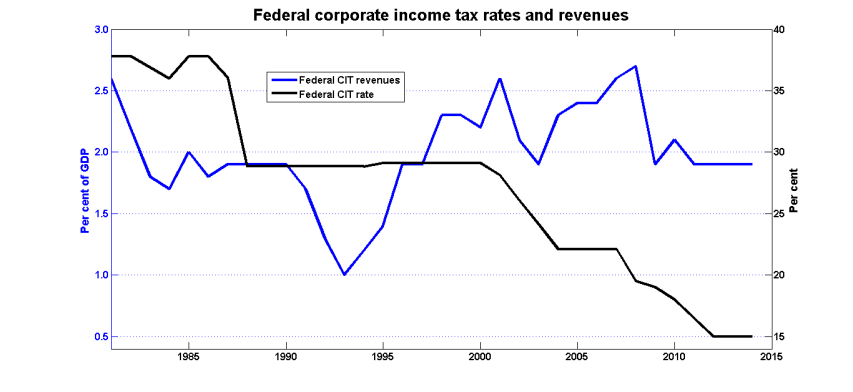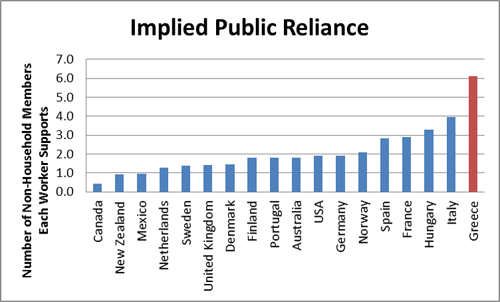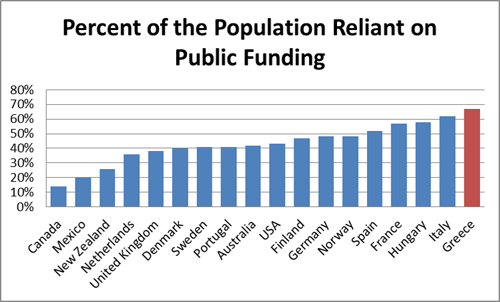Some thoughts from Dave’s Insight on Alberta’s attempt to signal their new-found carbon virtues:
First, let me set the premise. When giving seminars on Tax and/or Profits, I like to ask the question. What is a word for a Company that does not pass all its expenses, including its taxes on to its customers? The answer of course is bankrupt. Maybe not immediately, but eventually. Something I always ask when dealing with businesses, non-profits and governments when they are talking about spending is: Where is the money going to come from? Well, where is the money going to come from?
The NDP government may claim that it will only be three or four hundred dollars per person, sorry, per family. But let’s cut to the chase. In almost the same breath they claim it will raise 3-4 billion dollars per year revenue for the provincial government. Possibly double that in a few years. So where is this coming from? At the end of the day, one way or another it has to come from our pockets. While at first you might think that we export so we can export the tax. However, our exports have to compete with all the other available sources of supply, so we cannot export the tax. If we could, we would still be charging over $100 per barrel for oil, but we cannot. That leads me back to: Where is this 3 to 4 Billion dollars per year (more later) to come from?
Well, there is really only one answer; it might be somewhat invisible, but we Albertan’s will have to pay it, and that my friend works out to about $1,000 per person per year, or $4,000 per family of four. And if it brings in $8 billion in a few years, that is over $8,000 per family of four per year. We will pay it in the form of higher transportation costs (both public and private); higher heating costs and to a lesser extend in the cost of everything we buy from groceries to toys. Of course some will pay more and some less, but to be clear, this will hurt the poorest the most.
H/T to Small Dead Animals for the link.






